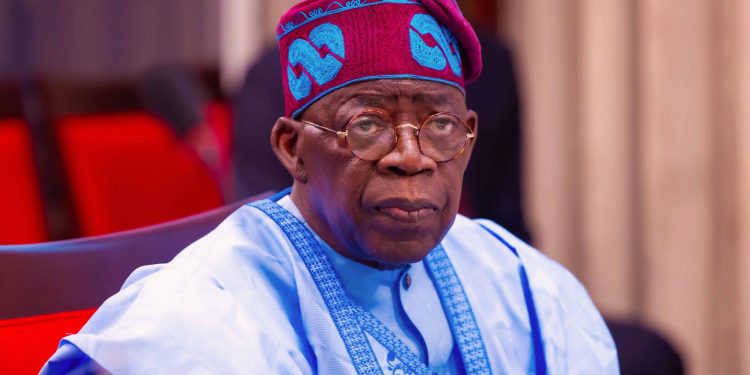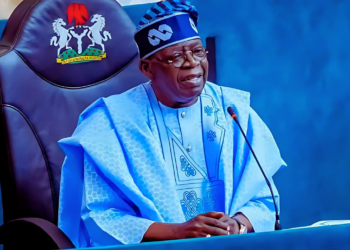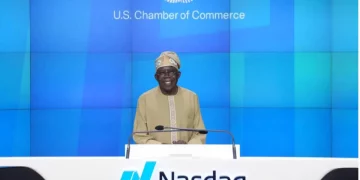When the Nigerian led ECOWAS (Economic Community of West African States issued its ultimatum to Niger’s military junta, only a few people (if any at all) believed the coup plotters will bulge. Many always knew that the junta will dare the regional body. That is exactly what has happened.
The deadline was Sunday 6th August 2023. Like the proverbial “ides of March”, it has come and gone. However, unlike Shakespeare’s Julius Ceaser, Niger’s military junta has not fallen, nor have they even been attacked at all.
The contemplation of a military response by ECOWAS to address the Niger coup plot will always be a challenging one for the countries of the region. The West African region has often been plagued by political instability and coup d’états, posing significant challenges to governance, development, and regional stability.
No doubt, the recent coup in Niger has once again highlighted the need for a decisive response from regional organizations like the Economic Community of West African States (ECOWAS) to ensure the preservation of democratic principles, maintain stability, and prevent further escalation.
The imperative of regional stability squarely rests on ECOWAS. Established in 1975, the regional body has been a key player in promoting peace, security, and development in West Africa.
It has consistently taken measures to address political crises and conflicts within the region, aiming to uphold democratic values and prevent power grabs that could lead to instability.
The Niger coup, if left unaddressed, could potentially set a dangerous precedent for other nations within ECOWAS, undermining the progress made in recent years.
That said, can we say that military response is the best option for this need to address the deposing of a democratically elected government in Niger?
Caution: While a military response by ECOWAS to address the Niger coup plot should be seen as a last resort, it must be approached with caution and careful consideration due to its potential consequences.
Some other potential steps would include:
Deeper Diplomatic Pressure and Sanctions: ECOWAS has already started applying diplomatic pressures on the military junta in Niger. However, they can do more, and they should be patient to let the pressure sink in deeper. These diplomatic measures should expand more in the area of economic sanctions, travel bans, and freezing of assets against the coup plotters.
Pressures of these natures take time but it surely bites. For a small landlocked country like Niger, with little or no economic shock absorber, it will even bite harder and faster too.
This should be employed fully before resorting to military action. Diplomatic and economic sanctions approach would exert pressure on the perpetrators while minimizing the immediate risk of armed conflict.
Negotiation: ECOWAS could initiate dialogue between the coup leaders, the ousted government, and other stakeholders to find a peaceful resolution. Mediation efforts could focus on reinstating democratic processes, holding transparent elections, and ensuring a smooth transition of power.
This is even more so since the coup plotters have claimed that their mission is for the interest of the country to “Put an end to the regime that you know due to the deteriorating security situation and bad governance.” If this is truly the objective of the coup plotters, then ECOWAS has a duty to look into the coup in a more harmonious way.
Peacekeeping: Sometimes it is difficult to distinguish between military intervention and peacekeeping mission. Both requires actual deployment of military forces on the ground to enforce the objectives of the initiators. In this case this will be the ECOWAS.
However, for academic purpose, we can say that ECOWAS should deploy minimal military personnel to help monitor the implementation of certain agreed parameters that will lead to a new election. This way they will act as peacekeeping forces to ensure that agreed objectives are met.
This of course will become necessary only if the situation escalates and diplomatic efforts fail, then ECOWAS might consider deploying a peacekeeping force to Niger. This force would be tasked with maintaining order, protecting civilians, and facilitating a peaceful transition back to constitutional governance.
Full Military Intervention: should all options already discussed above fail, then the regional body can and in fact must intervene militarily with the full force of her military wing. Niger must not be allowed to go the way of Mali and Burkina Faso. That should be prevented at all costs, including at the cost of full military response to the coup plotters.
It has been argued that this military intervention, even if all other options fail should be limited in scope. It is arguable what this really means in practice. Those who subscribe to the limited military intervention have given some explanation to it.
They say that such intervention, should be a measure of last resort and strictly guided by international law and the principles of proportionality and necessity. That position could seem mere academic rhetoric to some others.
In extreme cases, if ECOWAS choses to contemplate a military response, which it has a duty to do, it is impossible to draw the limit of how far it can go. This would involve carefully planned and targeted military action aimed at neutralizing the coup plotters and restoring democratic leadership.
However, the Niger military junta cannot be underestimated. If they pose difficult to easily depose, especially if Mali and Burkina Faso choose to join the party, then escalation is inevitable. The possibility of Russia’s Wagna Group also siding with the coup plotters cannot be ruled out also.
All these challenges of possible escalation notwithstanding, if it does come to military option as the last response to restore democracy in Niger, then ECOWAS must make a decision.
Going by the objective behind the establishment of ECOWAS, it can be successfully argued that it must not buckle. It must fight it through, and the world must stand by the regional body, as France has done.
In conclusion, addressing the Niger coup plot through a potential military response by ECOWAS is a complex and sensitive undertaking. While the preservation of democratic principles and regional stability is paramount, any military action must be pursued as a measure of last resort, after exhausting diplomatic avenues and considering the potential consequences. The ultimate goal should be to guide Niger back on the path of constitutional governance, uphold the rule of law, and prevent further erosion of democratic norms within the West African region.












